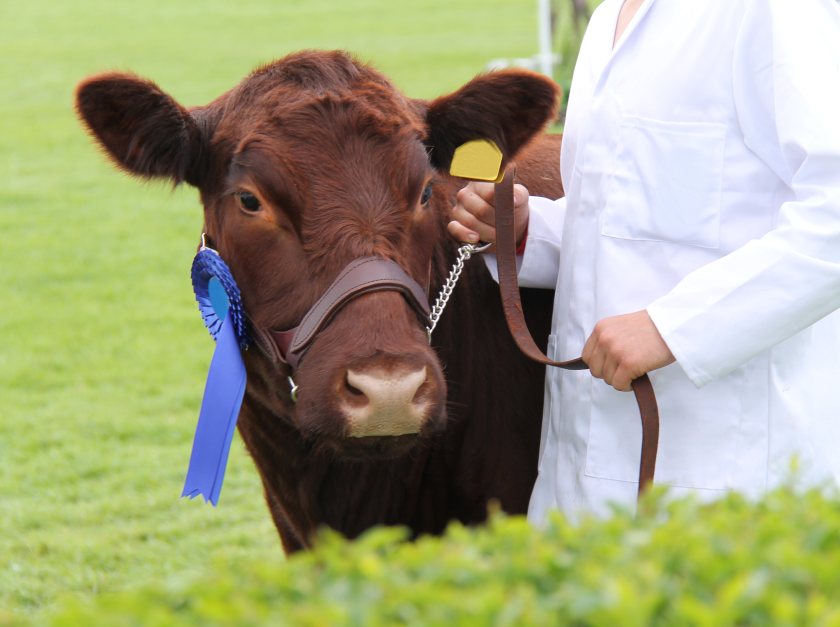Government's school term shake-up 'threatens' Royal Welsh Show

The Welsh government has been accused of sidelining rural communities by changing school term dates, amid fears the move could block thousands of pupils and families from attending the iconic Royal Welsh Show.
The Welsh government's update, delivered via a written statement, alters school term timing in a way that restricts attendance at the first two days of the show, held annually during the first week of the traditional summer holidays.
Opposition parties have compared the move to the controversial — and now delayed — school holiday reforms previously proposed by Labour and Plaid Cymru.
Those plans included shifting one week of the summer break to October, a proposal widely condemned by the farming industry for clashing directly with the Royal Welsh Show.
The reforms also faced united resistance from every major teachers’ union, as well as tourism and business leaders, prompting the Welsh government to shelve them until after the next election.
Welsh Conservative Shadow Cabinet Secretary for Education, Natasha Asghar MS, warned that the latest changes would "threaten" the annual event.
She added that it would “undoubtedly reduce footfall by restricting the number of families who can attend its first two days.”
With the Royal Welsh having been a key obstacle to Labour and Plaid Cymru’s “deeply unpopular” school holiday reforms, Ms Asghar said the adjustment appears to be a step towards reviving plans “to rob our children of their summer holidays in the future.”
“The Welsh government cannot ignore the opposition from every teachers' union, as well as the farming, tourism and business sectors," Ms Asghar added.
"We need a rethink on these dates immediately, and the school holiday reform must be scrapped completely not just postponed."
The Royal Welsh Show, which celebrates Welsh agriculture and rural life, is not only a major cultural highlight but also a critical boost to the rural economy.
Critics argue that by limiting schoolchildren’s ability to attend, the government risks undermining both the event’s reach and its broader impact on the farming community and future generations.
Samuel Kurtz MS, Welsh Conservative Shadow Cabinet Secretary for Rural Affairs, echoed concerns, saying: “Any changes that jeopardise that ability for young people to enjoy it should be confined to the bin.
“This decision adds to the narrative that agriculture and rural communities are an afterthought for Labour, and never a priority.”








